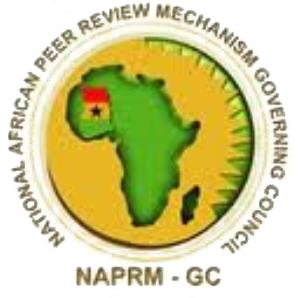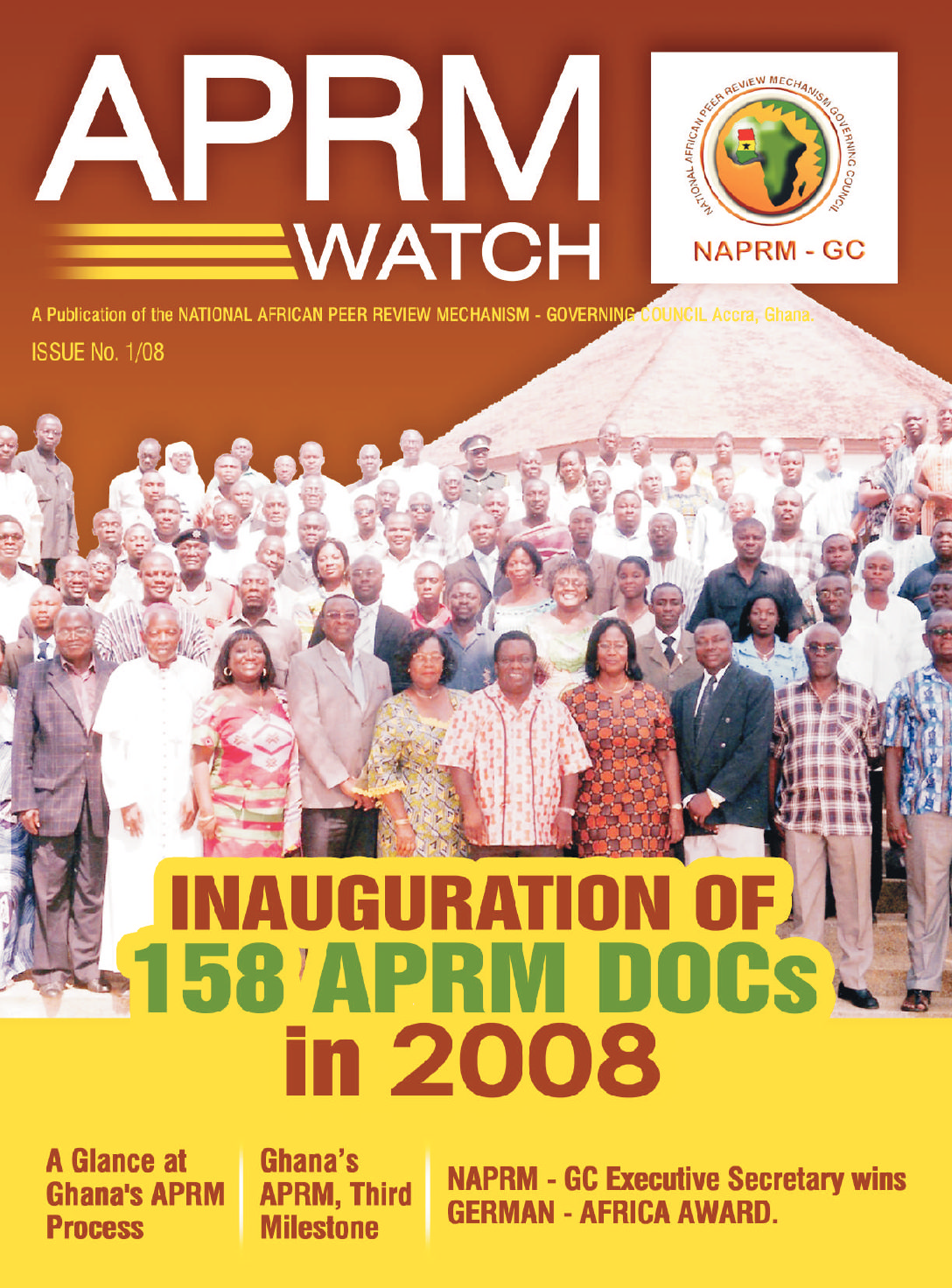The National African Peer Review Mechanism Governing Council has inaugurated APRM District Oversight Committees (DOCs) in all the nine districts in the Upper East Region, namely Builsa, Kassena-Nankana and Kassena-Nankana West, Bolgatanga Municipal, Bongo, Talensi- Nabdam and Bawku Municipal, Bawku West and GaruTimpane.
The Chairman of the National Governing Council, Rev. Prof. S.K. Adjepong and a member of the Council, Most Rev, Dr. Paul Berni le, who is also the Catholic Bishop of Wa, performed the inaugurations.
The Executive Secretary of the Governing Council, Dr. Francis Appiah took all the DOC members through the principles of the APRM, the roles and responsibilities of members of the Oversight Committees and the misconceptions about the APRM.
At the inauguration of the DOCs at Bolga, the Regional Minister, Mr. Mark Wonyongo, congratulated the Governing Council on decentralizing the APRM process to empower the people at the grassroots.
He expressed particular appreciation for the DOC inauguration in Bawku where a number of ethnic conflicts and clashes have persisted in recent months. He explained that if the communities get to understand the principles and values behind the APRM and work with them, a lot of progress would be made; poverty would be eradicated and misunderstandings would be replaced by unity, respect for human rights and ultimately good governance.
The Regional Minister pledged the support of the government to the APRM in its efforts to transform the fortunes of the African continent.
At the Navrongo and Bawku inaugurations, Rev. Prof. Adjepong walked the Oversight Committee members through the birth of NEPAD and APRM, the significant role of the communities in the preparation of the Annual Progress Report on Ghana. He explained the different stages of the Peer Review Process and emphasized the voluntary nature of the APRM.
The Executive Secretary, Dr. Francis Appiah stressed throughout the inaugurations that the APRM is a non-partisan development process. He said it is a new chapter in governance and a change in mindset in Africa, where the people at the grassroots find their voices and collectively agree to break the cycle of under-development. This is to enable them to enter the New Africa where democracy, accountability and respect for human rights and the rule of law prevail.
He said the APRM has made a number of achievements for the improvement of governance in the country. Dr. Appiah pointed out that in President John Atta Mills’ State of the Nation Address in February, he touched on a number of APRM-related subjects including:
- Reduction in number of Ministers
- The Northern Development Fund, renamed the Savannah Accelerated Development Authority
- The NEPAD School Feeding Programme
- The abolition of the Ministry of Parliamentary Affairs
- The Freedom of Information Bill
- The establishment of the Disability Council
Dr. Appiah congratulated the Oversight Committees for their commitment to national development and urged members to ensure consensus-building, transparency, credibility, and objectivity. Dr. Appiah reminded the DOCs from Bawku that they have a special challenge to work harder to bring lasting peace to the area.
After the inauguration which empowered the Oversight Committee members to go to the people to share the principles of the APRM, Dr. Francis Appiah outlined their specific roles and responsibilities in order to maintain the non-partisan and credible image of the APRM.
At Bawku, the Chairman of the Governing Council, Rev. Prof. S.K. Adjepong emphasized that the Peer Review Mechanism is about people and the willingness of countries to allow a review of the system of governance to identify shortfalls and best practices.
A member of the Governing Council, Most Rev. Dr. Paul Bemile, urged the Oversight Committee members and especially the people of Bawku to share and live the principles of the APRM in order to stop ethnic conflicts, bring understanding and peace and stand united to focus on development. He said this will certainly change the story of poverty in the midst of plenty in the region.

 newsletter-compressed
newsletter-compressed